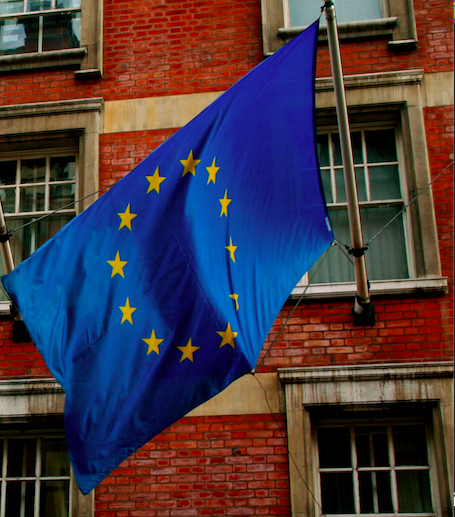The real return that investors see ultimately depends on the starting price paid. In other words, buying equities when they are out of favour improves the prospects for better returns, said Henderson. Timing is always difficult, so it is important to have a reliable set of screening tools to identify stocks that are incorrectly priced, and which offer value in the market. There are many metrics investors can use to assess this: earnings; net asset value; value of growth and dividends to name just a few.
The firm place a high level of importance on dividends as a measure of a company’s health. Any increase in sales and revenues increase should be reflected in a rise in the common share dividend. A good dividend strategy can indicate a strong, cash-generative business, as well as a management team that understands the importance of prioritising shareholders’ needs. From a performance perspective, an attractive well-covered yield also increases the certainty of an investor’s return.
Higher dividends or a new factory?
While yield is an important source of performance for investors, it is important to avoid companies that chase yield at the expense of long-term capital return, affirm Henderson´s experts. Management teams need to properly allocate capital in a way that balances the needs of shareholders, while providing sufficient capital for reinvestment to help generate future growth.
Outlook for dividends
There currently seems little reason to suggest that dividends cannot move forward from existing levels, with the opportunity to see some special dividends in isolated cases. Eurozone companies have spent the past few years rebuilding their balance sheets and dividends are growing nicely, reflecting confidence in future revenue streams.
Significant levels of cash have been redirected towards share buybacks, supported by the European Central Bank (ECB)’s accommodative monetary policy. While these can provide a strong signal about a firm’s future profitability, not all buybacks are equal. The fund’s investment process factors in the need to be careful that a company, when it is doing a share buyback, is doing so at the right valuation level, without funding through additional debt, and for the right reasons.
“As always, stock selection is driven by the identification of value – even the best dividend stock is not worth holding at any price. Among the stocks we like at present, although this is no recommendation to buy, are Anglo-Dutch publisher Reed Elsevier, and France-listed global automobile company Renault and luxury goods firm Christian Dior”, point out Henderson.
Reed Elsevier generates healthy profits and sees a good return on its spending, and holds a leading position in an industry where it is difficult for new companies to thrive. The company has demonstrated long-term commitment to returning cash to shareholders via dividends and buybacks, reflecting the company’s strong underlying revenues.
Renault has a stable market share and has taken steps to rein in spending. The car-maker is entering a strong phase for model updates, suggesting that consensus estimates for future earnings may be too low. The company now has a five-year track record of providing dividends for investors.
Christian Dior looks priced at a significant discount, given the value of its stake in LVMH. The company is run by an experienced management team that has delivered consistent revenue growth in Christian Dior Couture operations over the past five years, which has been reflected in annualised dividend increases.
Nothing in this article should be construed as investment advice, or a recommendation. Past performance is not a guide to future performance. The value of your investment can go down as well and you may not get back the amount originally invested. The information in this article is not intended to be a forecast of future events or a guarantee of future results and does not qualify as an investment recommendation of any individual security.
